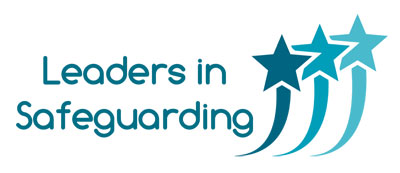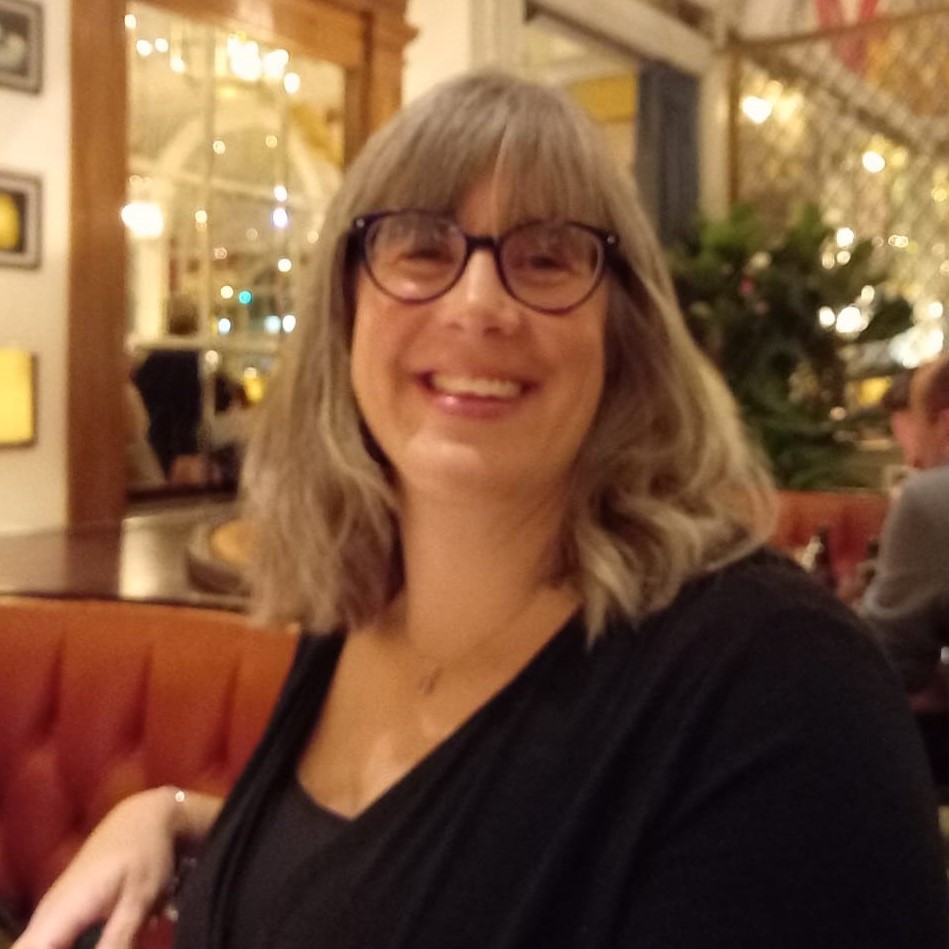Safeguarding
As a healthcare provider, Cromwell Hospital has a key part to play in safeguarding and promoting the welfare of adults and children.

At Cromwell Hospital, safeguarding is everybody’s responsibility.
We are accredited by Leaders in Safeguarding, a specialist organisation which audits and assesses companies against sixteen safeguarding standards. Find out more about our accreditation.
Read more about our safeguarding policies below:
Within Cromwell Hospital, safeguarding responsibilities include service users who are under the age of 18, as per the Children’s Act (2004), children who are carers or parents, and the children of adult services users.
Section 11 of the Children Act 2004 places a duty on healthcare providers to have arrangements in place to ensure that the organisation and all staff working within it have regard to the need to safeguard and promote the welfare of children. Cromwell Hospital regularly reviews its arrangements against these requirements and is compliant with them.
Under the Care Act (2014), all adults have the right to live in safety free from abuse and neglect. An adult at risk is defined in the Care Act as a person aged 18 years or over who has care and support needs, regardless of whether they are currently receiving this care or not, and that because of these needs they are unable to protect themselves against abuse or neglect.
All staff within Cromwell Hospital are trained, and encouraged, to ensure that they follow the principles of Making Safeguarding Personal as this initiative aims to ensure that our safeguarding response is individualised to the person’s own beliefs and wishes leading to meaningful improvements in the person’s life. The hospital has a duty under the Care Act (2014) to ensure that any requests to provide information under Section 44 is completed without delay and that any adults with safeguarding concerns is referred to adult social services under Section 42.
All patients over the age of 16 years will have their capacity assessed within the guidance of the Mental Capacity Act (2015) with concerns being raised through the appropriate channels. Cromwell Hospital has a duty to apply for Deprivation of Liberty Safeguards where necessary.
Staff in all areas are trained in domestic abuse and the importance of recognition, ensuring the victims receive the correct support and when referrals are required.
There are posters in all areas of the hospital encouraging patients, staff and visitors to request help. An information leaflet is also available in all areas for patients, visitors or staff to take which contains essential advice and support agencies.
Cromwell Hospital has a clear process for ensuring that anyone working with children and adults has an enhanced DBS check before they start work. Recruitment and selection training is mandatory for all appointing officers and Bupa policy requires that references are checked before an offer of employment is made.
Cromwell Hospital has a nominated HR Director who in partnership with our Safeguarding Lead is responsible for dealing with any allegations made by children against staff, in this instance Cromwell Hospital works closely with the Local Area Designated Officer (LADO) or Person in a Position of Trust (PiPOT) if concerns arise.
Staff practice with regard to safeguarding is guided by Cromwell Hospital’s safeguarding children policy and safeguarding adults at risk policy. This policy has been written in accordance with ‘Working Together to Safeguard Children 2015’, the Care Act (2014) and the local Royal Borough of Kensington & Chelsea safeguarding procedures.
Cromwell Hospital has a system for flagging safeguarding concerns and ensuring that missed outpatient appointments are followed up. All staff are given additional information and support from specialists within the safeguarding team around all matters in safeguarding on request.
Staff should have an understanding of both their role and responsibilities, and those of other professionals and organisations they may come into contact with. This is essential for effective multi-agency and inter-agency working.
Safeguarding training is mandatory for all staff, regardless of role. Training needs analysis is mapped to the national Intercollegiate Guidance (2019) documents for both adults and children, and is delivered via a range of blended learning, with online and face to face training options. This training includes Prevent, Female Genital Mutilation, exploitation and encourages all staff to use their professional curiosity to Think Family.
Cromwell Hospital has a robust system in place for monitoring and ensuring compliance which is reported by the Safeguarding Committee to the hospital Board quarterly. Cromwell Hospital also works in partnership with the Local Safeguarding Children Board which ensures multi agency exposure and sharing of best practice.
Safeguarding team
Cromwell Hospital employs a full time Safeguarding Lead who covers both safeguarding adults and children. Cromwell Hospital has separate Named Doctors for adults and children. The Chief Nursing Officer is the Executive Lead Director for safeguarding adults and children.
Within Cromwell Hospital, staff are encouraged to adopt link roles and safeguarding is one of those areas. The link staff receives additional training for this role.
- Executive Lead for Safeguarding – Steve Bellingham
- Named Doctor for Safeguarding Children – Dr Mike Markiewicz
- Named Doctor for Safeguarding Adults – Dr Angus Kennedy
- Deputy Doctor for Safeguarding Children – Dr Wathik Alsaud
- Safeguarding Lead – Heather Lawrence
The Safeguarding Children Committee and Safeguarding Adults Committee meet quarterly. Here they discuss training compliance and the safeguarding incidence dashboard in order to identify learning points, highlight potential risks and reflect on good practice. Cromwell Hospital is also required to undertake an annual audit of its safeguarding arrangements against the requirements of Sec 11 of the Children Act 2004. Cromwell Hospital also feeds into the Audits of the LSCB the Royal Borough of Kensington & Chelsea as requested.
Contact the Safeguarding Lead
For all safeguarding enquiries, please contact:
Heather Lawrence, Safeguarding Lead

